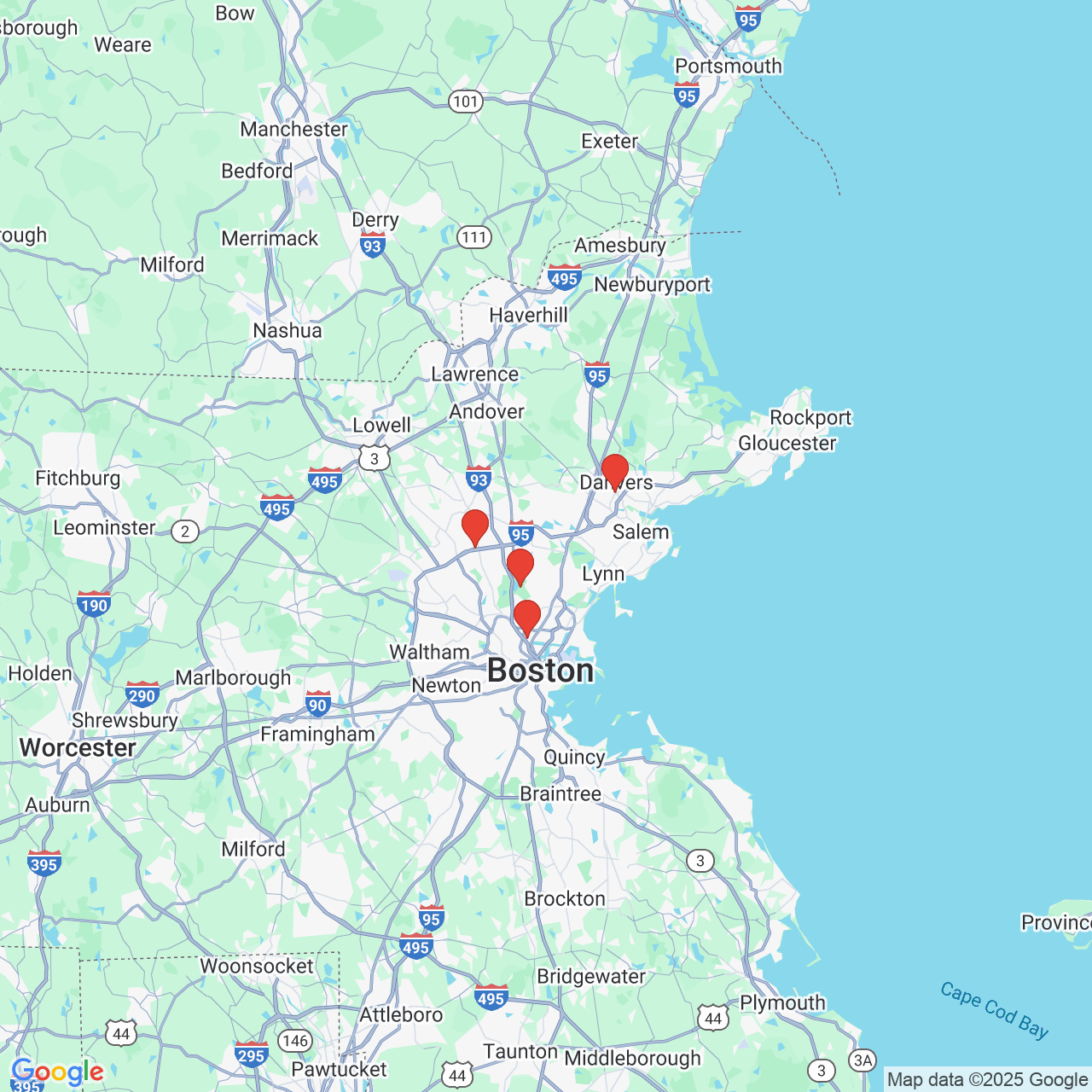Safe, Effective Treatment Cataract Surgery Boston
 An extremely common affliction, more than half of people aged 60 and over will suffer from cataracts at some point in their lives. The good news is that today's advancements in cataract surgery have made it extremely safe and effective, leading to an impressive success rate and high level of reported patient satisfaction post treatment.
An extremely common affliction, more than half of people aged 60 and over will suffer from cataracts at some point in their lives. The good news is that today's advancements in cataract surgery have made it extremely safe and effective, leading to an impressive success rate and high level of reported patient satisfaction post treatment.
Drs. Nilesh M. Sheth and Robert Kupsc, the specialists at Sheth-Horsley Eye Center, perform cataract surgery for patients residing in Boston and surrounding areas. If you think you may be suffering from cataracts and are seeking diagnosis, or have been diagnosed and would like to learn more about our treatment options, please take the time to contact our practice today.
Cataract Surgery
Treatment Options
Bothersome symptoms - including blurred vision, difficulty seeing at night, and sensitivity to bright lights - most likely prompted you to seek the care of a health care provider, but a thorough examination performed by either of our experienced, knowledgeable doctors can quickly ascertain whether you have a cataract. Once you are diagnosed, treatment options will be discussed, including the decision to postpone surgery. In reality, many patients live comfortably with cataracts for years with no real effect on their ability to perform daily activities; however, the decision is highly personal and our team will equip you with the information and tools you need to decide which course of action is best for you.
Cataract Surgery: The Procedure and What to Expect
Once you decide to undergo surgery, the surgeon will decide which type of surgery will benefit your condition the most. Two types of cataract surgery are commonly performed including:
- Phacoemulsification (phaco)
- Extracapsular surgery
During phacoemulsification, also known as "small incision" cataract surgery and the most often used type of surgery, a tiny slit is made in the cornea, allowing access to the compromised lens. Ultrasound waves are used to gently break up the cataract, which is then suctioned away. Extracapsular surgery requires a longer incision in the side of the cornea, enabling the surgeon to remove the cloudy lens in one intact piece.
Typically an artificial intraocular (IOL) lens is used to replace the natural lens. The clear, plastic replacement is permanent and is undetectable to the wearer. Crystalens®, TECNIS® and ReSTOR® are examples of popular IOLs, and your eyecare provider will work closely with you to decide which lens is best to meet your needs. If a pre-existing eye disease or condition prevents you from receiving an IOL, strong glasses or contacts may be prescribed.
Due to the minimally invasive nature of the procedure, healing after cataract surgery usually requires little downtime. Eye drops may be prescribed to hasten healing and decrease the risk of infection. Follow up appointments will be scheduled to provide aftercare, check on your healing, and perform tests to see how your vision has been improved.
Learn More About Cataract Surgery Today
At Sheth-Horsley Eye Center, we are committed to providing services of the highest quality. Utilizing the latest technologies in cataract surgery, coupled with the high degree of training and skill executed by our surgeons, means our patients can rest assured they are receiving professional, quality care.
If you would like to learn more about cataract treatment or our range of eye care services, please take the time to fill out our simple online contact form.


